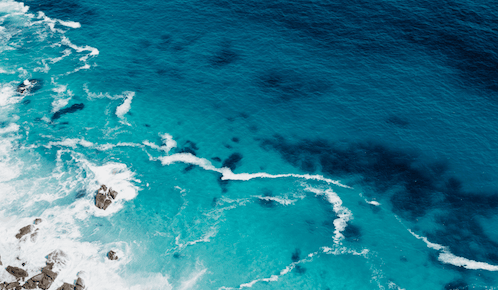
Seventh MONGOOS annual assembly: major outcomes and future perspective for operational oceanography in the Mediterranean

On December 5-6, 2018, the Mediterranean Operational Network for the Global Ocean Observing System (MonGOOS) met in Genoa for its annual assembly and a workshop focused on operational oceanography, its products, applications and downstream services.
During its annual assembly, MonGOOS partners met to make a point and plan future activities and collaboration. Moreover, after more than one year of work, the MONGOOS Science and Strategy Plan has been launched during the meeting. The MONGOOS Strategic Plan gathers the contributions of more than 40 scientists and experts from all over the Mediterranean region (among its leading authors, CMCC researcher Giovanni Coppini, OPA Division Director; other CMCC contributing authors are: Nadia Pinardi and Svitlana Liubartseva).
The plan has the objective of reviewing the present status of the Mediterranean Sea Oceanographic system; it illustrates the capacity of current observing and forecasting systems, or the current level of development of downstream services and applications in the Mediterranean while highlighting major scientific and environmental issues to be addressed, analyzing the existing gaps and deficiencies, and proposing ways forward.
It is the result of the contribution of the main institutions working in the area, coordinated within the framework of MonGOOS. Download the MonGOOS Science and Strategy Plan.
“The CMCC has been co-chair of MonGOOS for six years (with Puertos del Estado, Spain)” Giovanni Coppini, OPA Division Director, explains. “Six years of important achievements and successes, such as the full operations of the Copernicus Marine Service (CMEMS), the strengthening of the Observing Systems, the development of the European Marine Observation and Data Network (EMODnet), consisting of more than 160 organizations assembling marine data, products, and metadata to make these resources more available to public and private users, the creation of checkpoints assessing the quality of current observation monitoring data at the level of the regional sea-basins, the developments of several portals, etc.”
MonGOOS partners discussed also about the collaboration between MonGOOS and EuroGOOS searching for strategies to improve this cooperation while trying to consolidate the role, strength and visibility of the Mediterranean community in the framework of the European Union. A specific workshop was also dedicated to operational oceanography. “The CMCC Foundation”, Dr Coppini said, “presented its high-resolution coastal harbour downscaling in the Apulia Region, in Italy, some examples of our applications for oil spill response operations (we presented WITOIL, a service provided for prediction of transport and transformation of actual or hypothetical oil spills in the Mediterranean Sea), and some examples of our applications for the identification of marine litter sources in the Mediterranean Sea.”
More information on the MonGOOS Science and Strategy Plan here.

